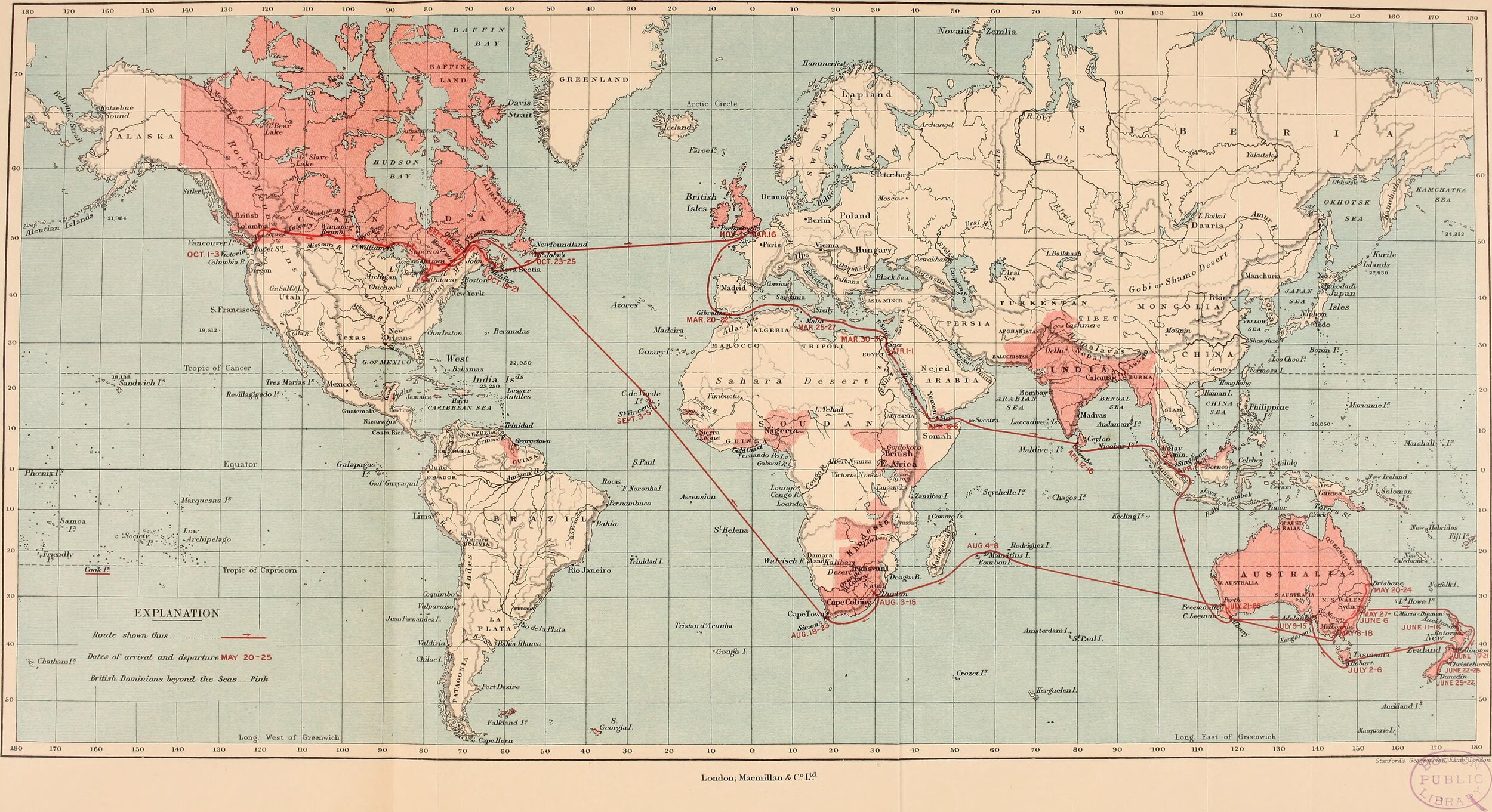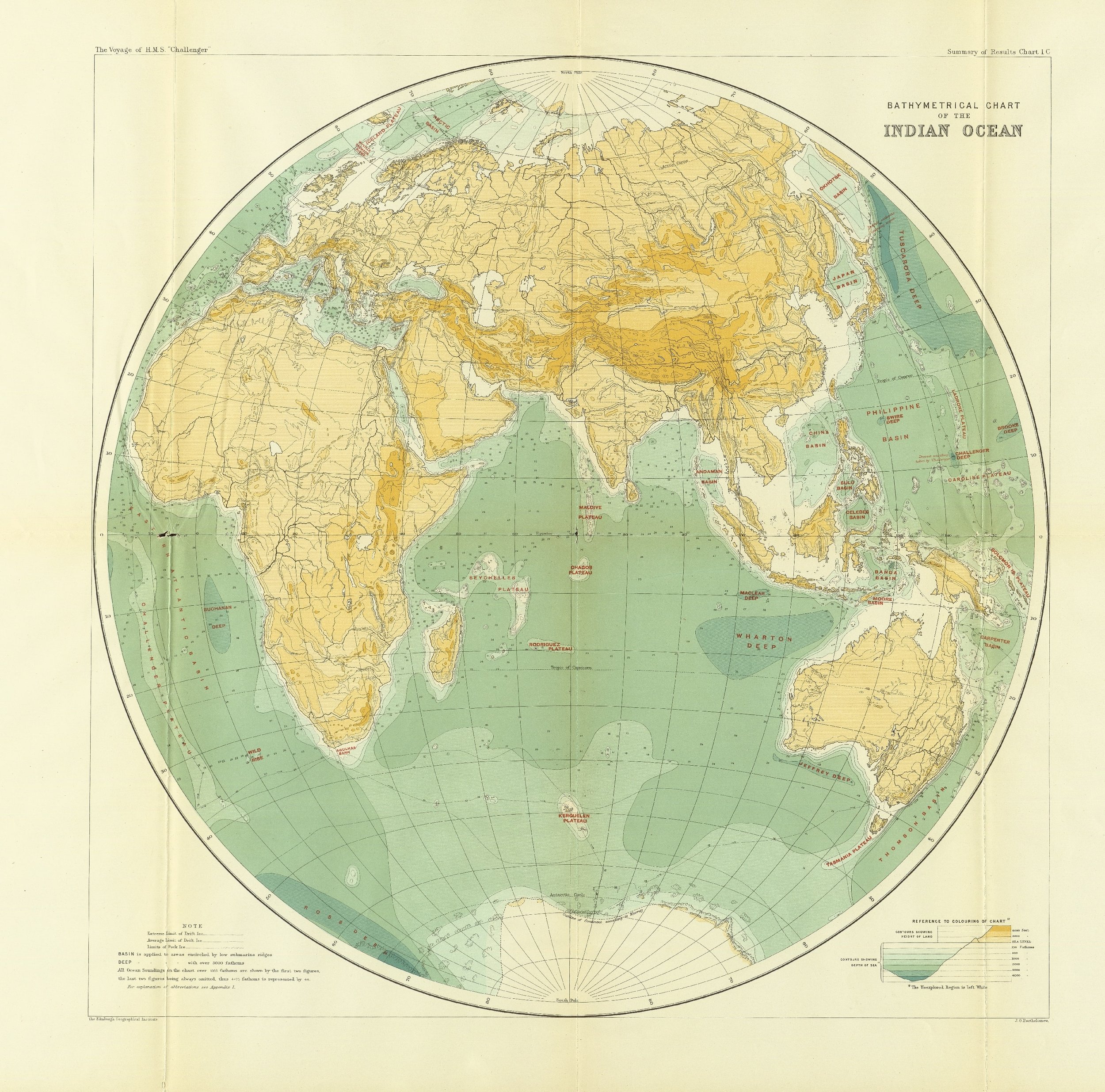
Part 5:
1945 to 2020: The Big Picture
#94 America, China, and the Struggle for Global Hegemony: Can the World Survive?
The peoples of Western Europe had risen from one world of relative poverty and had learnt how to take the wealth from the Americas and transfer it to their own countries. This was slavery and latterly until 1920, indentureship. A whole set up of banks, shipping companies, and insurance companies had arisen to make these transfers possible. From the 1750s the European invaders turned their attention to Asia and systematically began the colonisation process anew. At the same time, as they attempted to colonise and extract the wealth of Asia, the colonising countries began the process we now recognise as industrialisation alongside the rapid growth of cities. The surplus resources extracted through colonisation were used to finance the growth of new industries.
#81 China’s Crises Years 1900-1949
During the century, the regime had had to deal with the risings of its own peoples: the Boxer Insurrection or the Yihetuan Movement was an anti-foreign, anti-colonial, and anti-Christian uprising in China between 1899 and 1901. She had had to be helped by the British in putting down the Boxer Insurrection. All the old colonial regimes took their turn at invasion. All the new up and coming colonial regimes, the USA, Japan, Italy, and Germany all invaded China during the 19th century. By the end of the century, the Empress’s silver reserves were empty, and she retreated with her entourage into inner China for safety.
#80 China's Long History
It is important to understand that China has a long-written history of economic and political development. Unlike the USA, France or Britain, China has a very long history of administering the huge landmass which makes up China today.
Chinese politicians in the 21st century have been able to draw on the wisdom from ancient antiquity. Records of developments in China were written down. In the 13th century, Marco Polo, a traveller, a nobleman and trader from Venice, described a city of a million people. We know from a large cache of historical records, that traders had been moving and writing to each other for at least 1000 years. These written records were first discovered in the 20th century. They were found in a repository in a Jewish synagogue in Egypt in the early 20th century, having survived so well due to the dry air of the region.
#76 Gold, Dollars and World Trade
The dollar system for trade works well enough for the Western countries. But for any country which the USA disapproves of, she imposes 'sanctions' and that limits the availability of dollars for trade. Cuba has been sanctioned for decades by the USA. Today there are now many new examples: Russia, Venezuela, North Korea, Iran, and Syria are perhaps the main sanctioned countries. Domestic banks across Europe are forced to demand that their customers conform to US foreign policy.
There are now movements to combat these hindrances. China has for some years wanted to use her currency, the renminbi, for world trade. China has already begun to avoid the dollar system, which regularly infuriates the leaders in Washington.
#75 The New Economic Normality 1971-2020: The Market and Neo-Liberalism
The essence of free-market ideology since the first half of the 19th century until now has been that competing firms were efficient and represented the best way to run society. Governments would overspend; organised labour is selfish; barriers to the movement of capital services and labour should be reduced to the minimum. This is neo-liberalism in a nutshell. The reality is, of course, very different, as firms tend to move to monopoly or oligopoly, and so inequality increases. This is not the place to expand the argument into economic theory. Neo-liberal economics has been widely practised across the world for the last 50 years.




